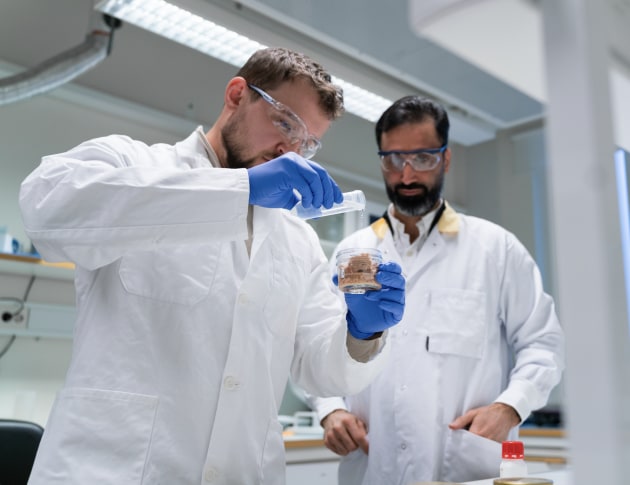A new packaging solution developed by researchers at Chalmers University of Technology in Sweden can reduce mercury levels in canned tuna by up to 35 per cent. The method uses a water-based cysteine solution to extract mercury from fish tissue, offering a potential way to improve food safety.

Mercury, especially in the form of methylmercury, builds up in fish like tuna. The World Health Organization (WHO) ranks mercury among the top ten most harmful chemicals to humans, linking it to nervous system damage. This is particularly concerning for pregnant women and young children, leading to restrictions on tuna consumption.
Associate Professor Mehdi Abdollahi, coordinator of the Detoxpak project, said, “Our study shows that there are alternative approaches to addressing mercury contamination in tuna, rather than just limiting consumption.” He added, “Our goal is to improve food safety and contribute to enhanced human health, as well as to better utilise food that is currently under certain restrictions.”
This approach is called active packaging, where packaging materials interact with food during storage. Although active packaging has been used to extend shelf life, this is the first time it's been applied to food safety improvements.
Earlier studies tried coating packaging with thiolated silica to capture mercury but couldn't effectively remove it due to the strong bonds between mercury and proteins in tuna tissues. In this new method, cysteine, a sulfur-containing amino acid, in a water solution attracts and removes mercury from the fish. The highest reduction, 35 per cent, was seen with canned minced tuna from regular grocery stores, with mercury removal plateauing after two weeks.
Przemyslaw Strachowski, the study's first author and a postdoctoral fellow at Chalmers during the research, noted, “No additional production steps would be needed if a method like this were used industrially.” He said, “The application of our results could increase the safety margin for fish consumption.”
The study, published in Global Challenges, was conducted by researchers from Chalmers University of Technology and the Swedish University of Agricultural Sciences, with funding from Formas.






